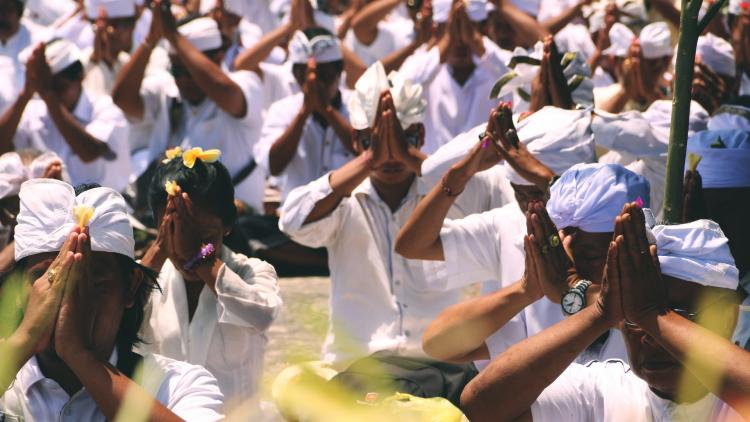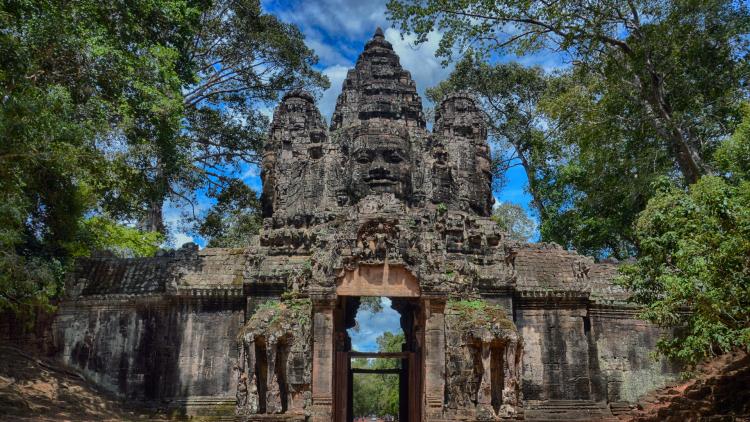H250 The Red Sea World: Reimagining Space

Key information
- Status
- Module not running
- Module code
- 154800326
- FHEQ Level
- 6
- Credits
- 15
- Department
- School of History, Religions and Philosophies
Module overview
This module traces histories of interconnection through an exploration of a relatively understudied but vital body of water: the Red Sea.
This is a space which has linked Arabia, Yemen, the Levant, Egypt, Sudan, Eritrea and Ethiopia over the ages. It is also the site of a long-standing Ottoman engagement, one which intensified in the late nineteenth century, particularly at the hands of the Ottoman province of Egypt, which extended its influence as far as Darfur, Sinnar (parts of present-day Sudan and South Sudan), Ethiopia, Eritrea, and the Somali Coast.
This module will consider this expansionist late Ottoman moment in the Red Sea alongside the ‘early modern’ period that preceded it, by looking at the interconnected histories of key port cities like Qusair, Jeddah, Mokha, Massawa, Suakin, Zeila. It will reconsider social and political changes taking place in the region through following the movement of people (whether traders, pilgrims, or the enslaved) and commodities (such as timber, coffee and grain) between the Red Sea and the Indian Ocean worlds. In doing so, it attempts to reconstruct social and political histories beyond the confines of the nation-state, while reimagining geographies that supersede the regional divide between the Middle East and Africa.
Objectives and learning outcomes of the module
On successful completion of this module a student will be able to:
LO1) identify key features of the interconnected histories of the Red Sea World with an emphasis on the movement of people and commodities
LO2) critically evaluate the social and political changes as they unfolded in and around this vital body of water from the ‘early modern’ period to the early twentieth century and situate these histories in the context of current debates
LO3) Compose evidence-based arguments about social and political histories that transcend the confines of the nation-state and reimagine regional geographies.
Workload
- Lectures: 1hr per week
- Seminars: 1hr per week
- Independent Study: 80 hrs over 10 weeks
Method of assessment
- 1,00-word reading response paper or review (worth 30% of marks)
- 2,500-word essay (worth 70%)
Suggested reading
- Alexis Wick, The Red Sea: In Search of Lost Space (2016)
- Fahad Bishara, A Sea of Debt: Law and Economic Life in the Western Indian Ocean, 1780-1950 (2018)
- Johan Mathew, Margins of Markets: Trafficking and Capitalism Across the Arabian Sea (2016)
- Jay Spaulding, The Heroic Age in Sinnar (2007)
- Bahru Zewde, A History of Modern Ethiopia, 1855-1991 (2001)
- I. M. Lewis, A Modern History of Somalia (Revised edition) (2002)
Disclaimer
Important notice regarding changes to programmes and modules


